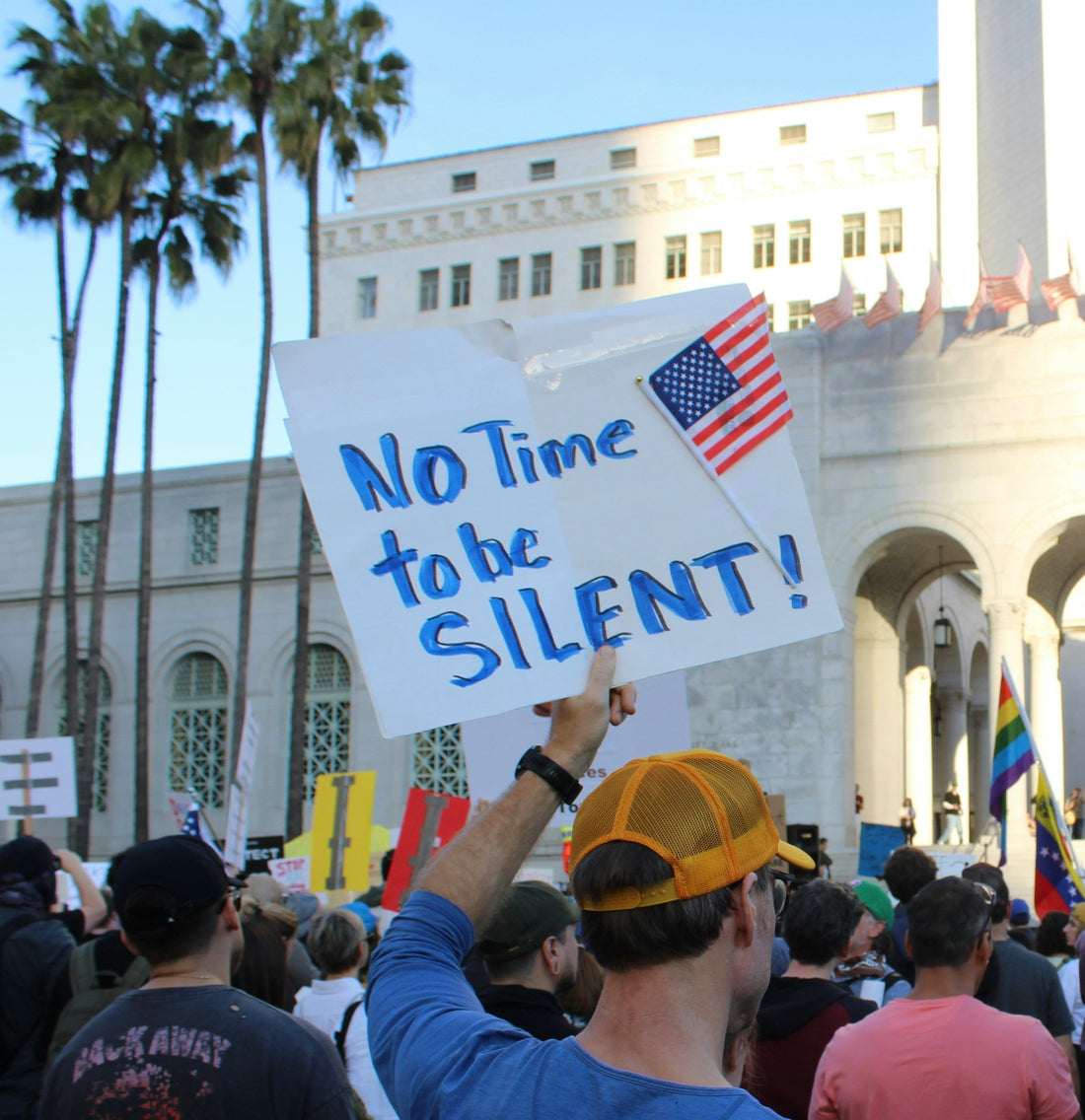✊ There Is a More Dignified Way
Pelagic ProblemsThis site is about the ocean, but humanity is part of the ecosystem too.
You might be wondering: Why is a marine biology and ocean conservation blog talking about ICE raids and detention centers?
Because we can’t claim to protect ecosystems while ignoring the people who live in them.
Los Angeles isn’t just coastal. The city is complex, alive, full of culture, and made up of interdependent systems. And that's why we love it, and that is why so many of us call this beautiful place "home".
We may not say hi everyday, but we know we are a community. And the people most at risk right now are immigrant families, undocumented workers, and Indigenous migrants. These are are often the same people stewarding our fisheries, farming our food, cleaning our shorelines, and passing on ancestral ecological knowledge.
To fight for the ocean but stay silent about what’s happening right now in Downtown Los Angeles, would be inhumane.
It would betray the very values of care, connection, and responsibility that drive this work.
The ocean doesn’t end at the sand. It meets the city, and the people who live in it.

Many countries already approach immigration in ways that protect both dignity and public order.
Here are just a few models worth studying:
- Portugal has a system for regularizing undocumented residents who show ties to the country (housing, work, family). No raids. No mass detentions.
- Sweden offers community-based alternatives to detention, where people awaiting decisions can live in open facilities and check in voluntarily.
- New Zealand limits detention to high-risk cases and ensures robust legal aid for migrants and asylum seekers.
- Canada has begun replacing detention for families and children with case management programs led by nonprofits.
None of these systems are perfect. But they prove the point:
It is entirely possible to treat people with dignity, transparency, and care...without resorting to helicopters and handcuffs.

